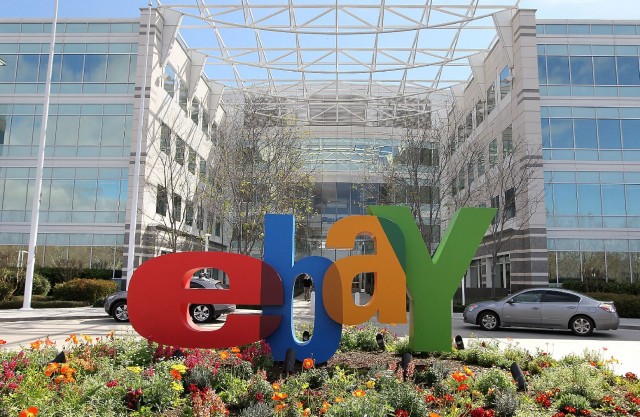The DOJ’s press release on the settlement offers this on the history and rationale for the original legal action:
In its lawsuit, the department alleged that senior executives and directors of eBay and Intuit entered into an agreement, beginning no later than 2006, that prevented each firm from recruiting employees from the other and that prohibited eBay from hiring Intuit employees that approached eBay.
In the high technology sector, employees with advanced or specialized skills are highly valued and sought after. Companies often heavily recruit and hire experienced and capable employees of other technology firms, offering significantly better job opportunities or pay. The agreement between eBay and Intuit diminished important competition between the firms to attract highly skilled technical and other employees to the detriment of affected employees who had less access to better job opportunities and higher pay.
“eBay’s agreement with Intuit served no purpose but to limit competition between the two firms for employees, distorting the labor market and causing employees to lose opportunities for better jobs and higher pay,” said Bill Baer, Assistant Attorney General in charge of the Department of Justice’s Antitrust Division. “The proposed settlement resolves the department’s antitrust concerns and ensures that eBay will not engage in similar conduct in the future.”
And from Attorney General Harris’s statement, details on the the settlement money:
eBay will pay $3.5 million into a settlement fund, which will include $300,000 to the state for the harm the anticompetitive conduct caused to the state’s economy, which is the first time a state antitrust settlement has explicitly recovered additional funds for general harm to the economy.
A portion of the settlement fund will be used to pay restitution to individuals employed in California by eBay or Intuit since 2005. Restitution payments will be made to three distinct pools of current and former employees. The first pool of approximately forty individuals who were employed by Intuit and considered for but not offered a position at eBay, will receive between $5,000 and $10,000 each. The second pool of approximately 950 individuals who were employed by Intuit and applied for but were not offered a position at eBay, will receive between $1,000 and $1,500 each. The third pool includes current and former employees who fall within the terms of the settlement but are not included in the first or second pool. While these individuals did not apply for jobs at the other company, they may have been indirectly affected by the anticompetitive conduct and will receive a maximum payment of $150.
In addition, eBay will pay $250,000 in civil penalties.
Just a week ago today, another anti-poaching settlement was reached with Adobe, Intel, Apple and Google in a class-action lawsuit brought by more than 64,000 tech workers.
